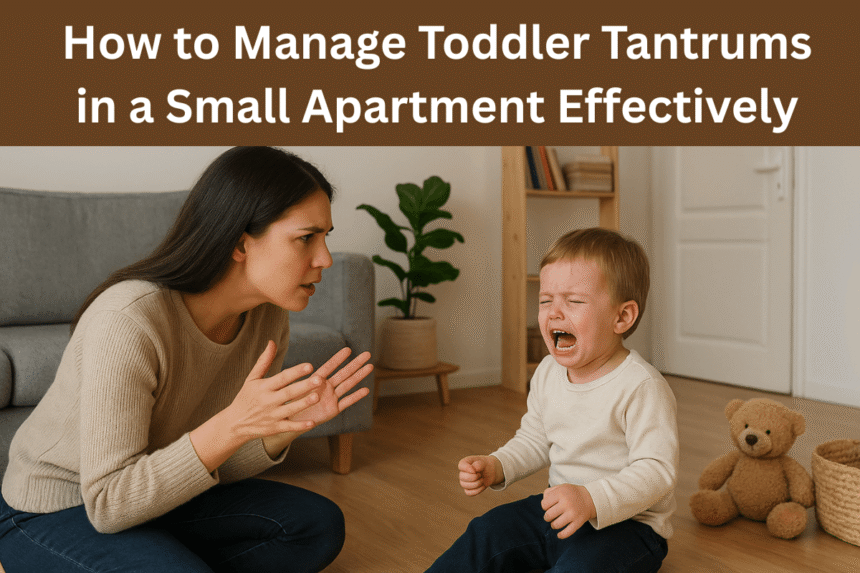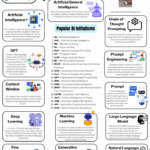Learning to manage toddler tantrums in a small apartment can feel overwhelming. This is especially true when space is limited and noise echoes through every wall. Parents often struggle to keep calm while trying to comfort a frustrated child without disturbing neighbors or disrupting household harmony. With the right understanding, managing tantrums in tight living spaces can become smoother. Employing empathy and environmentally friendly strategies also makes the process more rewarding.
What Are Toddler Tantrums?
Toddler tantrums are emotional outbursts that occur when young children feel overwhelmed, frustrated, or unable to express themselves. These can include crying, yelling, kicking, or even throwing things. In a small apartment, such behavior can feel more intense. There’s limited space to move away or let the child cool off. For example, your toddler may scream. They might throw themselves on the floor if they want a toy kept out of reach for safety reasons. It’s not defiance—it’s their developing brain struggling to process big emotions.
Tip: When a tantrum starts, take a deep breath before reacting. Lower your voice instead of raising it; your calm tone will help your child feel safer.
The Power Of Magic Phrases “When-Then” In Toddler Parenting
Why Toddler Tantrums Feel Harder in Small Apartments?
Living in a small apartment often means less privacy, thinner walls, and limited escape zones. Both the parent and child are in close quarters, which can escalate tension faster. Noise can bother neighbors, and clutter can make an environment feel chaotic—amplifying stress for everyone.
Example: Imagine your toddler having a meltdown during lunchtime. You can’t send them to another room because there isn’t one. The sound bounces off the walls, your stress rises, and so does theirs.
Tip: Create mini “quiet zones” in your apartment, such as a corner with soft pillows, favorite books, or calming toys. Even a small space can serve as a comfort spot for emotional resets.
How To Prepare A Toddler For Preschool Adventure
How to Manage Toddler Tantrums in a Small Apartment?

1. Understand the Triggers
The first step is identifying what sets off your child’s tantrums. Hunger, fatigue, boredom, or overstimulation are common triggers. In small apartments, limited play areas and routine disruptions can add frustration.
Tip: Keep a simple routine chart. Consistency helps toddlers feel secure and reduces the chances of unexpected outbursts.
2. Create a Calm Environment
Space might be small, but atmosphere matters more than size. Keep clutter minimal and play soothing background music during the day. Soft lighting and organised play areas can reduce sensory overload.
Example: Replace loud toys with quieter ones like building blocks or soft dolls to keep noise levels down.
Tip: Use wall shelves or storage bins to organise toys—when toddlers see order, they mimic it subconsciously.
3. Use Distraction and Redirection
When tantrums begin, redirect your toddler’s attention toward something positive. Instead of focusing on what they can’t have, offer an engaging alternative.
Example: If your toddler is upset about turning off the TV, invite them to help you. They can “cook” in their toy kitchen. Another option is to dance to a song together.
Tip: Keep a “tantrum toolkit.” It can be a small basket of sensory toys, colouring books, or a stress ball. They can use it when emotions rise.
4. Practice Empathy and Communication
Toddlers may not have the words to explain their frustration. Kneel to their level. Make eye contact. Label their feelings: “I see you’re upset because we can’t go outside right now.” This helps them learn emotional vocabulary.
Example: Instead of saying “Stop crying,” say “I understand you’re sad. Let’s take deep breaths together.” Over time, this builds emotional control.
5. Set Boundaries with Love
Even in small apartments, discipline and boundaries are crucial. Explain rules calmly and consistently—no shouting or threats. When your child feels secure within limits, tantrums reduce naturally.
Tip: Use positive reinforcement. Praise calm behaviour with statements like, “I love how you used your words instead of crying.”
How To Handle Toddler Temper Tantrums
Additional Tips
- Control your reaction: Your emotional tone affects your child more than your words.
- Be patient: Change takes time; toddlers learn emotional regulation slowly.
- Model calm behaviour: Children copy what they see. Show patience during stressful moments.
- Engage in physical activity: Indoor exercises or simple yoga can help release energy and prevent pent-up frustration.
Conclusion
Managing toddler tantrums in a small apartment is not about controlling every outburst. It involves creating a calm, structured, and emotionally supportive environment. When parents respond with patience, empathy, and consistency, toddlers feel safe to express themselves and learn emotional balance. Remember, every tantrum is an opportunity for growth—for both parent and child. To explore more helpful parenting insights, visit our latest blog.
Are you ready to create a peaceful, loving home where you can confidently manage toddler tantrums in your small apartment?
FAQs About Managing Toddler Tantrums in a Small Apartment
1. How can I calm my toddler quickly during a tantrum in a small apartment?
Stay calm and lower your voice. Try gentle distraction, such as offering a favourite toy, hugging them, or redirecting their attention to an engaging activity. Creating a small “calm corner” with soft toys or books also helps.
2. What triggers toddler tantrums most often in small spaces?
Common triggers include boredom, overstimulation, hunger, or feeling restricted. In small apartments, noise and clutter can also overwhelm a toddler, making emotional control harder.
3. Is it okay to ignore a tantrum?
Yes—sometimes ignoring minor tantrums helps, as long as the child is safe. Avoid giving attention to negative behaviour but offer comfort once they calm down, teaching them that calmness brings connection.
4. How can I prevent tantrums before they start?
Establish routines, provide choices (“Do you want the red cup or blue cup?”), and ensure regular snacks, naps, and playtime. Predictability helps toddlers feel secure and reduces emotional flare-ups.
5. How do I handle tantrums when I’m feeling stressed myself?
Pause, take deep breaths, and remind yourself that tantrums are normal developmental stages. If needed, step into another room for a moment to reset before addressing your child calmly.
Thank you for taking the time to explore this post. I hope you found it both insightful and enjoyable.
Remember, your sharing can make a positive impact! Please share this post across your social media and other networks, allowing others to gain from its content.
PVM

Mathukutty P. V. is the founder of Simply Life Tips, a blogger, content writer, influencer, and YouTuber passionate about learning and sharing. Guided by “Simple Living, Creative Thinking,” he believes in the power of knowledge sharing and lifelong learning.
Related
Discover more from Simply Life Tips
Subscribe to get the latest posts sent to your email.







